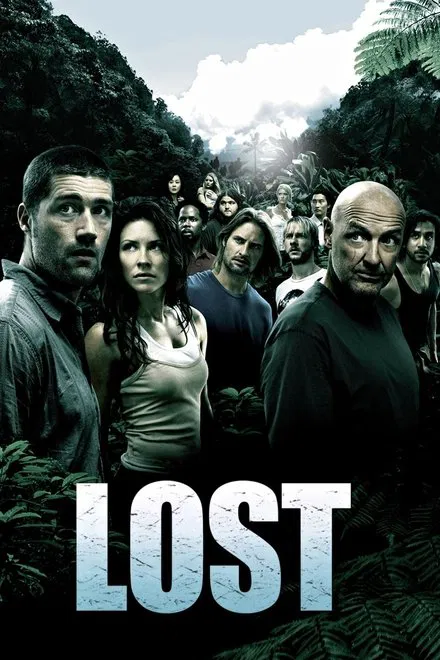
Created by: J.J. Abrams, Damon Lindelof, Jeffrey Lieber
Starring: Matthew Fox, Evangeline Lilly, Terry O’Quinn, Josh Holloway, Jorge Garcia, Naveen Andrews
🏝️ Introduction: Mystery Box Television
When Lost premiered in 2004, it redefined what was possible for network television: mysterious, ambitious, densely layered, and gloriously perplexing. The series, which follows the survivors of Oceanic Flight 815 as they struggle to survive and unlock the island’s secrets, became a global sensation—and spawned more fan theories than perhaps any other show in history. From purgatory and parallel timelines to quantum physics and time travel, Lost’s puzzles inspired a decade of online debates, fan forums, and wild speculation.
👻 Theory One: The Island is Purgatory
This was the earliest and most popular theory during the show’s original run. According to this reading, the island is a kind of limbo or purgatory, where characters atone for past sins before moving on to the afterlife. Evidence includes the presence of dead characters, inexplicable phenomena, and the characters’ recurring struggles with guilt and redemption. The show’s creators denied this theory, insisting the island was “real,” but the final season’s “flash-sideways” world reignited the debate, as it was revealed to be a kind of spiritual waiting room.
⏳ Theory Two: Time Travel and Quantum Physics
As the series progressed, the writers introduced explicit time travel and parallel timelines, deepening the show’s sci-fi credentials. The Dharma Initiative, the mysterious “constants” and “variables,” and Desmond’s unique experiences point toward a universe governed by the laws of quantum mechanics. Some theorists see the island as a nexus point in a multiverse, where the rules of space and time are constantly being rewritten. This explains the presence of “others,” the ability to change the past, and the recurring motif of fate versus free will.
🌌 Theory Three: The Island as a Living Entity
Another school of thought holds that the island itself is sentient, a kind of supernatural being with its own will and agenda. The recurring appearances of the “smoke monster,” Jacob, and the Man in Black support the idea that the island is more than just a location—it is a character in its own right, capable of judgment, punishment, and reward. This theory frames the survivors’ struggles as a cosmic game between forces of light and dark.
🔀 Theory Four: Psychological Experiment or Simulation
Some viewers interpret Lost as a massive psychological experiment or simulation, orchestrated by the Dharma Initiative, the Others, or even a higher power. Clues include the use of numbers, the repetitive nature of events, and the frequent breakdown of reality. This reading invites questions about agency, manipulation, and the nature of consciousness itself.
🎭 The Legacy: Endless Debate and the Meaning of Mystery
Ultimately, Lost’s finale confirmed some theories and refuted others. The show ended with a blend of spiritual resolution and narrative ambiguity, suggesting that answers are less important than the journey. For some, this was unsatisfying; for others, it was a fitting tribute to a show defined by uncertainty. In the end, Lost’s enduring legacy is the endless debate it continues to inspire—a testament to the power of television to provoke thought, passion, and creative engagement.